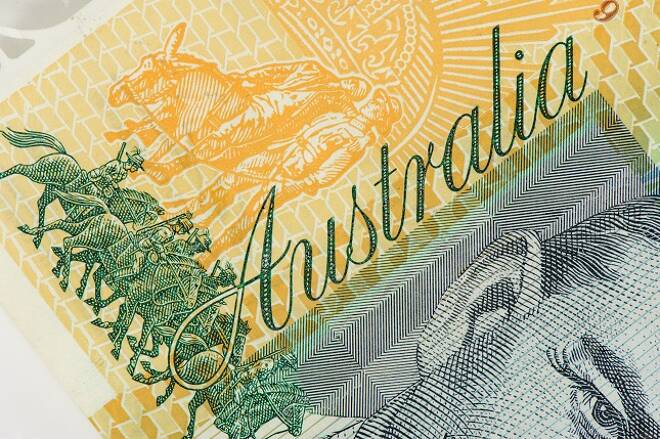Advertisement
Advertisement
Australian Dollar Could Slide After Phase One Deal
By:
The U.S-China trade war has dampened the Australian economy, as China is a key trading partner for Australia. The Phase One trade accord could weigh on the Australian dollar, as a Chinese commitment to purchase more U.S. goods could come at the expense of Australian exports.
The Australian economy has been damaged by the U.S-China trade war, which has raged for two-and-a-half years. China is Australia’s number one trading partner, so the slowdown in the Chinese economy has translated into lower demand for Australian exports. The Chinese economy posted a growth rate of 6.1% in 2019, down sharply from 6.6% in 2018. This marked the lowest annual growth for the Asian giant since 1990. It comes as no surprise that the Australian dollar has been hurt, as AUD/USD has fallen some 10% since the onset of the trade war.
Last week’s signing of the “Phase One” agreement between the U.S. and China marked the first breakthrough in the bitter trade war, which has dampened global economic growth. At first glance, an agreement that boosts Chinese growth should be good news for Australia, but this may not be the case. According to analysts, the Aussie could dip more than 5% to 65 U.S. cents in 2020. The reason? As part of the Phase One agreement, China has committed to purchase more U.S. goods – according to some reports, as much as $200 billion over two years. These purchases may come at the expense of Australian exports to China. Stuart Simmons, senior portfolio manager at QIC Brisbane, noted that “import substitution can definitely be one driver of the Aussie lower.” This sentiment was echoed by the Reserve Bank of Australia, which has warned that a trade accord between the U.S. and China could have a negative effect on the Australian economy.
One key area of concern is liquefied natural gas, as Australia was China’s largest supplier in 2019. If China were to cut back on these purchases in favor of the U.S., this could hurt Australia’s export sector and weigh on the Australian dollar. The markets are cautiously optimistic that the Phase One deal is good news for global trade, but the agreement could weigh on the Australian economy and the Aussie.
About the Author
Kenny Fisherauthor
Kenny is an experienced market analyst, with a focus on fundamental analysis. Kenny has over 15 years of experience across a broad range of markets and assets –forex, indices and commodities.
Advertisement
